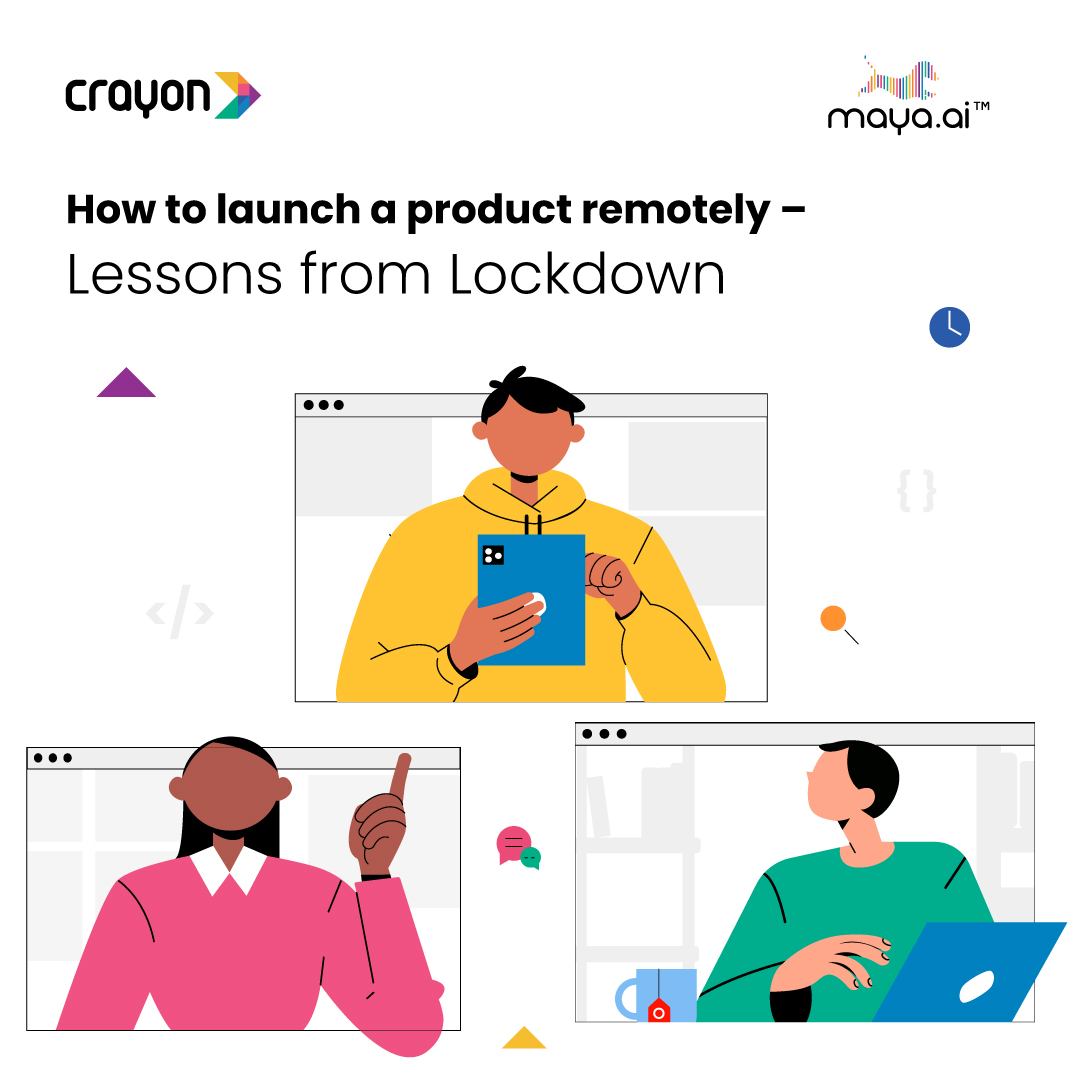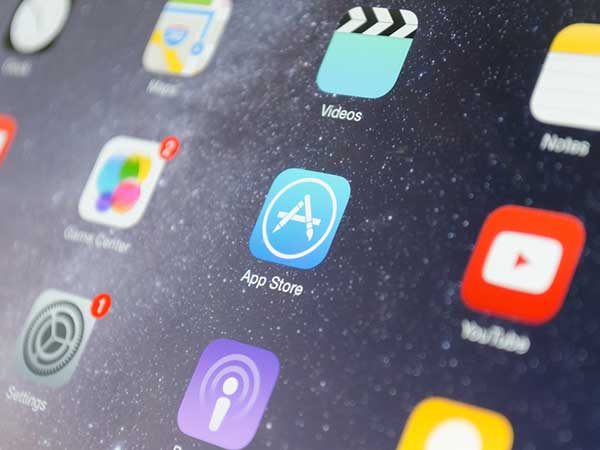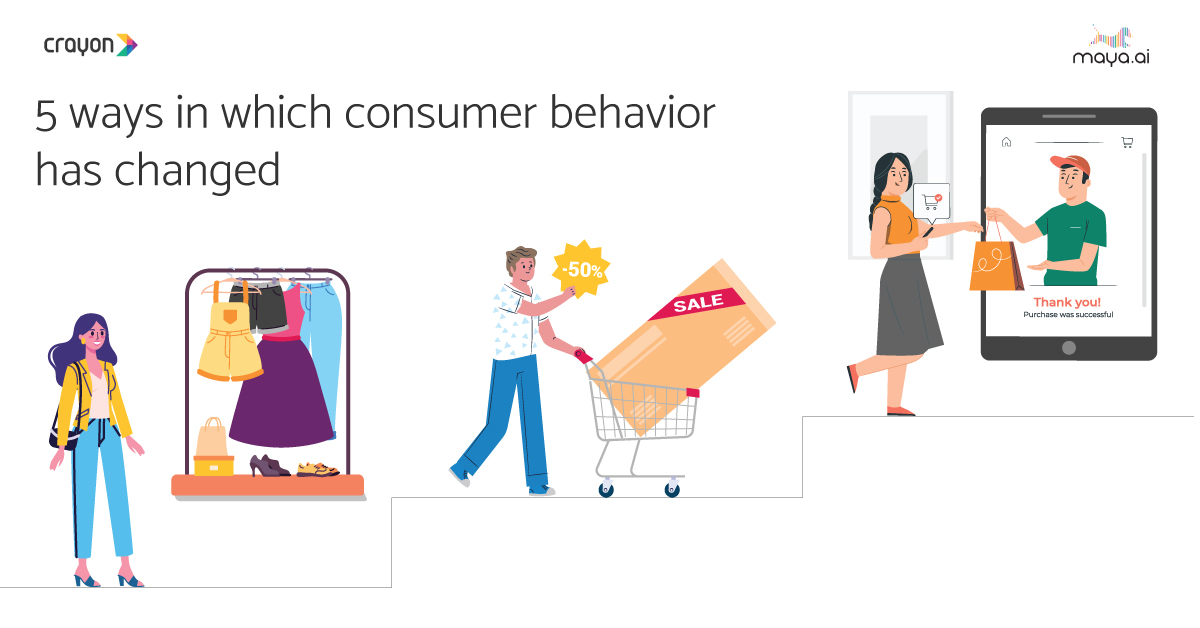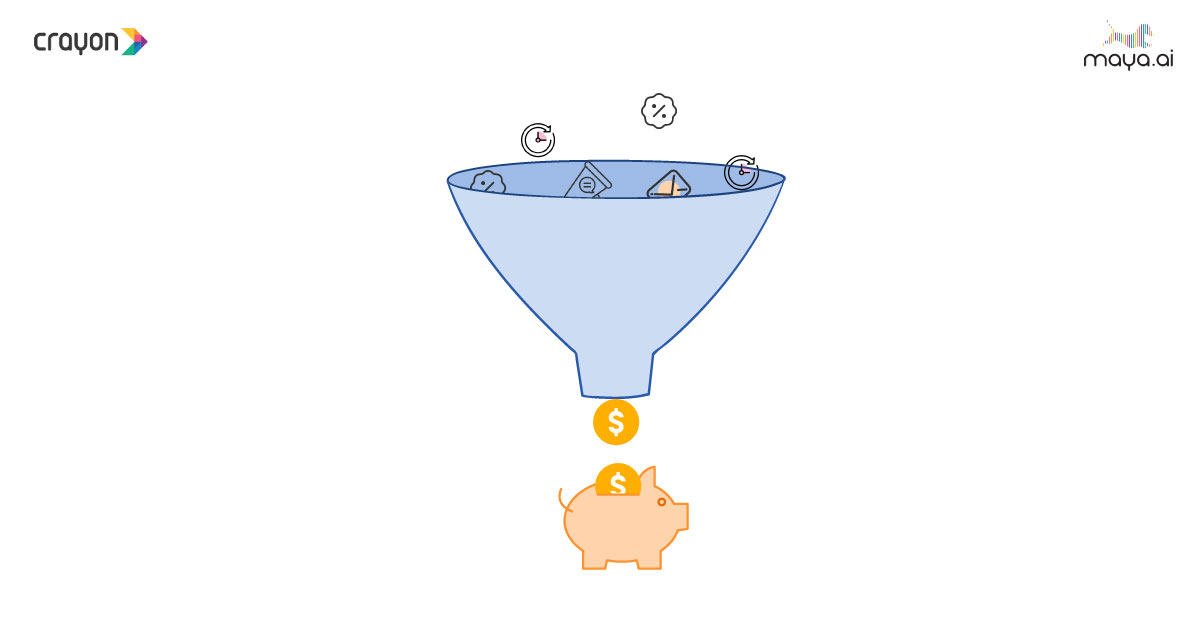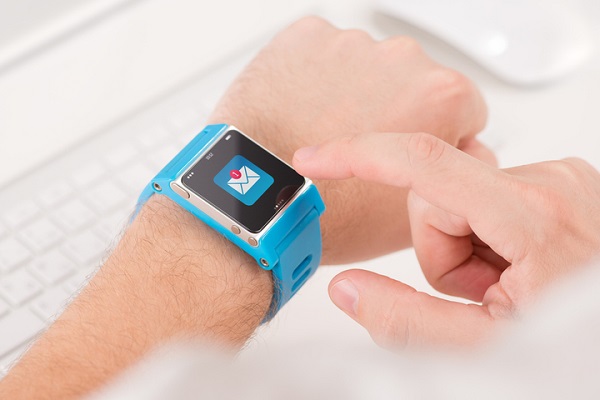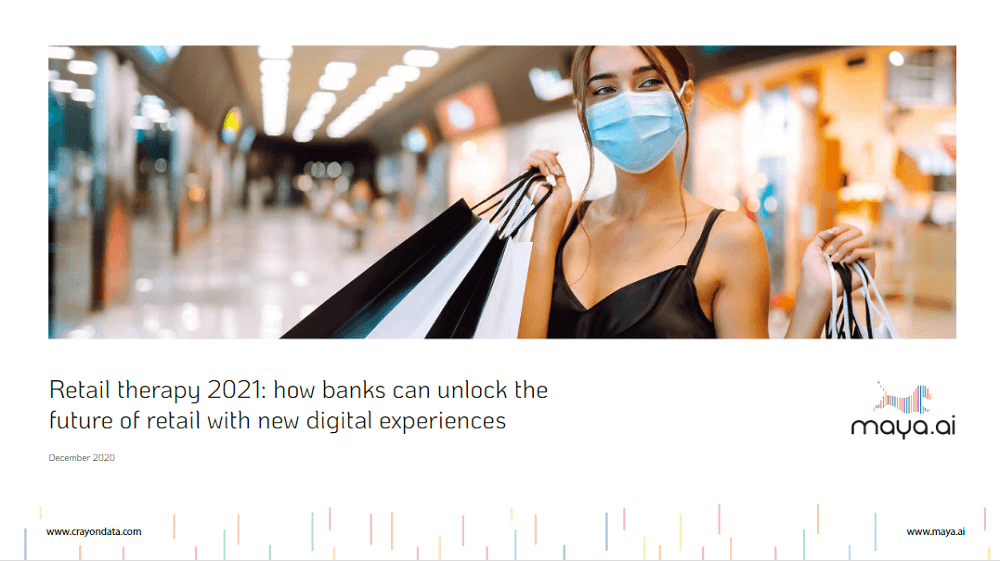Digital personalization is the curation of content and advertisement on the digital platform which is based on the individuals preferences and specific current requirements. It is achieved by mining the individuals online data which is gathered from their device, location, search history, websites visited, content consumed, interests and preferences, and any other source which reveals their intent.
Many businesses have already adopted the personalization strategy and are reaping benefits. Be it P&G who initiated their own mass personalization way back in 2010 even when the technology was limited or Amazon who have perfected the art through Amazon Personalize and is selling it to other companies, everyone is looking to make their customers feel more comfortable when they visit their website.
And it is not only the websites which are doing it, but the giants of digital space have also made a significant contribution towards it – especially Google and Facebook. The first recorded evidence was provided by Eli Pariser in 2010 when he allegedly accused Google of creating “filter bubble”. He did demonstrate by using the same keyword “BP” and showed how two different people got different results based on their past activity and inclinations. Although, Google did not admit much about it at that time but later it did mention that it was trying to show various alternatives in their search results (well this is for you to decide if they have really made any progress towards it!)
The implications of personalization are many and these have a deep impact on the consumer behavior and businesses marketing strategy. A consumer might feel trapped when he encounters the same advertisement over and over again and might actually become averse to that product. Similarly, a business might be targeting a wrong customer who may have never had the intent of purchasing a product from their website in the first place.
Then there are of course ethical concerns of overly personalizing the experience. A person might always be presented with the same set of content or facts making them think that they are absolutely correct, but there might be contradicting set of content or facts which are present on the internet which are not much highlighted
Who is personalizing your web experience?
This strategy can only be adopted by big companies who have enough funds to implement an expensive and sophisticated technology. You will not be able to see much personalization being offered by small businesses like accounting firms, party organizers or your laundrymen.
Now the big companies can be further divided into 3 categories depending on where and how they interact with the people –
- Search engines like Google, Yahoo and Bing
- Social media platforms like Facebook, Instagram and Twitter
- Product or service providers like Amazon and Netflix
Search engines hold larger power when it comes to tailoring the content as they are mostly the first place you go when you log into your computer. Based on your query the search engines can decide (which is done programmatically)to show or not show any website or social media platform. Since mostly people decide to visit the first 3 results shown on the internet, so even if a result which is in direct contradiction to the users belief is shown but is at the bottom of the page, then it has pretty much the same effect of not being shown.
Big social media platforms these days are not too much reliant on the search engines to get visitors as they have their own loyal customer base who spend a lot of time on it interacting with their friends, sharing their views, interests, opinions, locations and anything that can be uploaded digitally. They have access to all sorts of data to understand the preference of an individual and accordingly show them content or advertisement.
Amazon’s personalization predominantly depends on what you have searched or clicked on their website (or one of their owned and managed website). So if you are looking to buy a watch on Amazon and then leave their website without buying, they will ensure that the next time you visit, you get all the offers and discounts on that watch. And add it up with good user reviews, better images and models promoting it – you have got a visitor who is ready to buy it from you.
How it impact individuals?
Definitely there are many points which supports personalization as it helps the individual to quickly sort and select the items they want. They don’t have to go through a barrage of information before navigating to their desired product/service page. The curated content and their placement makes it easier for the customer to save their time and efforts while purchasing.
But there are also some long term repercussions associated with it. Imagine that a social media influencer needs to get more followers quickly so that he can land a brand sponsorship. So what are his options? He can go to the internet and look for websites who can increase his followers in a jiffy. So if he happens to look with the search term “buy Instagram followers” he will come up with a number of websites on top which provides followers. Based on his searches, how much he is ready to spend and his user behavior the ranking of those websites might vary a bit.
So if you see that the top 3 results are encouraging the person to buy cheap followers. But if you start going down a little bit more, then you will be able to find the other important information pertaining to buying followers.
But overall, if you look at the top 10 results, only 2 of them show the negative impact of purchasing followers. The remaining spots share the detail of the services associated with the website.
So you see, personalization done by the search engine has quickly given the influencer a list of websites from where he can buy followers. But there are many websites which tells that you should not buy followers as they are mostly bots and prohibited by Instagram. Had this result been shown at the top that there are risks involved with buying such “followers” , do you think the person would have opted for the service? Well our data shows that some people might have and some would not.
But the whole point of having a credible search engine is to ensure that the person gets all the facts so that he can make an informed decision. Reinforcing his thoughts by showing him the results he seeks is not beneficial in every case.
As in every other marketing strategy, there are certain advantages and disadvantages associated with this as well
Pros
- Less time spent on sorting and filtering
- Quicker purchase decisions can be made by observing and comparing the required list
- Avoiding the unnecessary media content which at times become difficult to consume
Cons
- Might miss out on the greater truth at times
- Benefits missed that could have been achieved had the individual opted for something else after careful research and examination
In essence, it also depends a lot on what the searcher is looking out for. If there is sufficient data to indicate that there are other options available then the individual should be given choice to see more
How it impacts businesses?
Businesses have seen greater ROI due to personalization strategy – be it through website navigation experience, email marketing, search engine optimization, display and search ads, every possible avenue to interact with the customers have been personalized.
There are many tech companies like Hyver which offers personalized web solution. They not only dynamically change your landing page but can customize the whole website on the basis of the visitor.
For instance, an air purifying website can have different landing pages depending on the type of visitor – a pregnant women, an elderly and a person in their late 20s. The pregnant women can be shown the benefits it has for an unborn baby, for the mother and how it impacts their health and growth. Similarly, for an elderly person the webpage will be full of images related to people of their age groups benefiting from the product, content on how pure air increases longevity and testimonials from similar people.
The personalization is not just limited to their own website. If you move on from that website to any other website there are high chances that you may see their advertisements all over. This is usually done through remarketing by using Google display ads. You go to Facebook or Instagram, chances are that you may again see their products in your news feed.
The advantages of personalizing user experience is plenty
- Better user experience leading to higher sales
- Marketers have more data on what to sell and at what time
- Loyal customer base
- Less amount spend in turning the individual from a prospect to a customer
Well the advantages are well known facts that any marketer can tell. But just like individuals, there are some down sides to overly personalize a user experience
- Some customers know that their behavior is being tracked by companies and seeing too much of the same ad makes them averse to their products
- If the technology is unable to guess the right product which the customer is looking for, then it may end up showing the product which they are not looking for
- Lack of differentiation – A person mostly visits 3 or more websites before making a purchase. Now if all the 3 websites start sending personalized emails then it would lead to a clutter of information which are same
- Personalization saturation – Although it is not true for all customers, but there are many customers who would like to see variety. They like to embrace different perspective. Sending same product info over and over again leads then further away from making the purchase
- Cost – As already stated if a person visits 3 websites and all 3 of them try to show them ads, then it leads to a bidding war to get the rights to show their products first to the customer. A normal remarketing display ad costs more than a regular display ad.
- Incorrect marketing data – Just because some individuals visited one product page more than others, it does not mean that it is more liked. If a page is highlighted at the top or placed on the left to middle side of a page, people might automatically click on it although they may not have any intent of buying it in the near future
Is personalization worth it?
Although personalization has benefited both the consumer and businesses in terms of improving web experience and achieving higher ROI respectively, but it has also limited the knowledge and options exercised by both the parties.
For individuals, they will have to be more open to absorbing new information and analyzing them carefully otherwise they might miss out on opportunities which they might later regret.
For businesses, they will have to evolve their marketing strategies as more and more competitors are using this technique. Plus they will have to modify their approach keeping in line with the consumer behavior.

